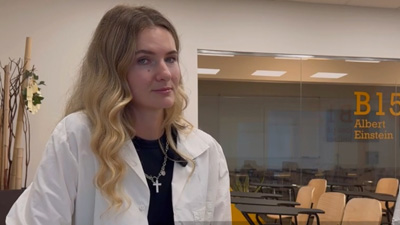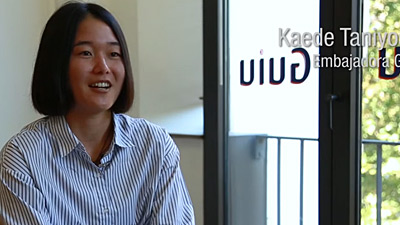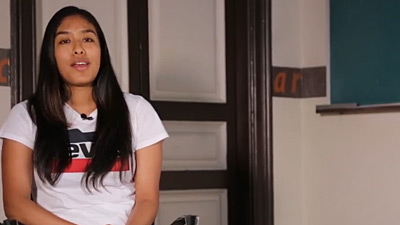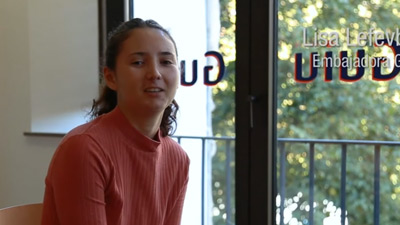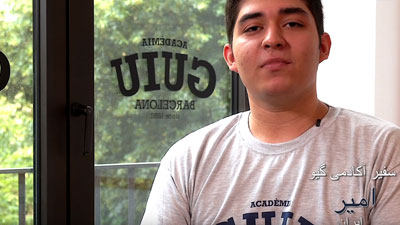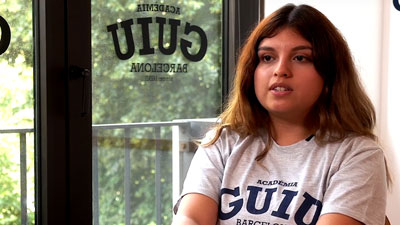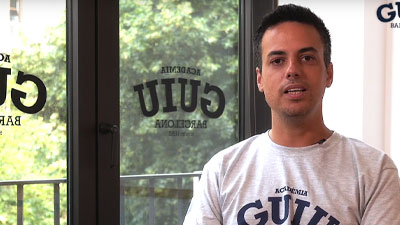Study im Spain
Barcelona University Campus
Study in Barcelona
Reasons to study in Barcelona and Spain









Best Cities"
Catalonia university campus
The offer of studies is complemented by services such as libraries, teaching laboratories, reception services, languages, sports facilities, and job boards. The universities have international student service offices that resolve basic questions about their stay in Catalonia (immigration procedures, health information, leisure and sports activities, etc.).
It is a university system with a clear tendency towards internationalization that uses mainly Spanish, Catalan and English for teaching. The data speaks for itself: 250,000 students, 15,000 professors, 450 degree programs and 470 master's degrees (86 in English and 34 in collaboration with foreign universities).
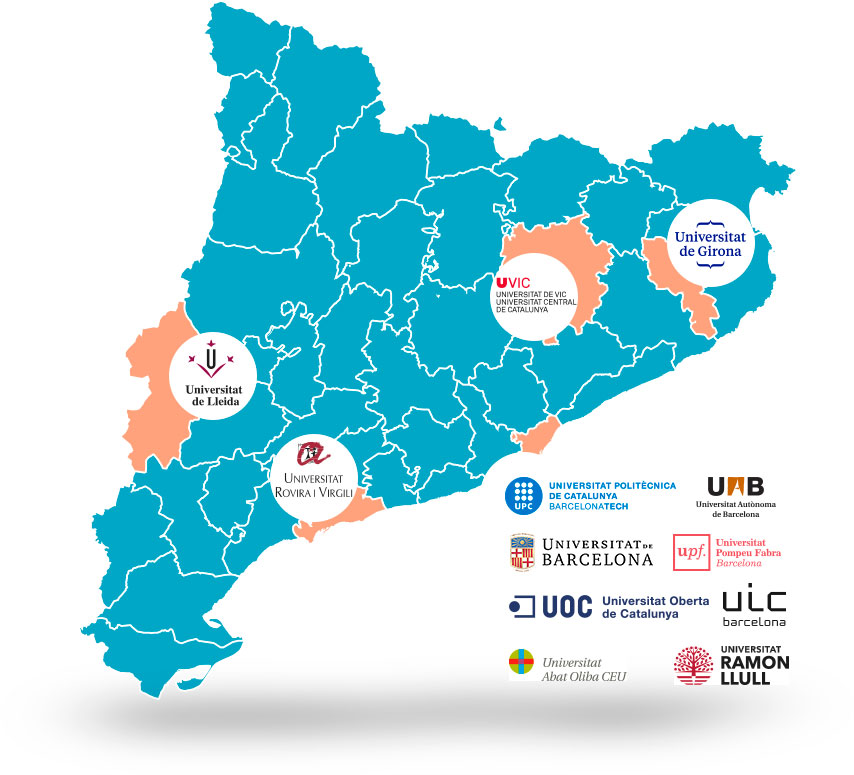
RESEARCH AND SCIENTIFIC PARKS
- Lleida Agri-Food Science and Technology Park
- Tourism and Leisure Science and Technology Park
- Terrassa Science and Technology Park
- UAB Research Park
- Barcelona Synchrotron Park
- Esade Creapolis
- Vallès Technology Park
- TecnoCampus Mataró-Maresme
- Mediterranean Technology Park
- Barcelona Science Park
- b_TEC Barcelona Technological Innovation
- Biomedical Research Park of Catalonia
- UPC Park
- UPF Research Park-Social and Human Sciences
- La Salle Technonova Barcelona
Requirements to study in Spain
In order to gain admission to a degree program at a university in Spain, international students must:
- Obtain official recognition of your previous studies.
- Take PAU/SELECTIVITY university entry exams.
Currently, from the LOMCE (Organic Law for the Improvement of Educational Quality), for students from educational systems other than Spanish, each Autonomous Community determines the minimum conditions of access, exams to pass, calculation of the admission note,…. to access university studies in said community.
- High school diploma (legalized and apostilled in your country of origin)
- Grades from the last 3 years of high school (legalized and apostilled in your country of origin)
- Certified copy of your passport from your country of origin
- Payment of the corresponding fee
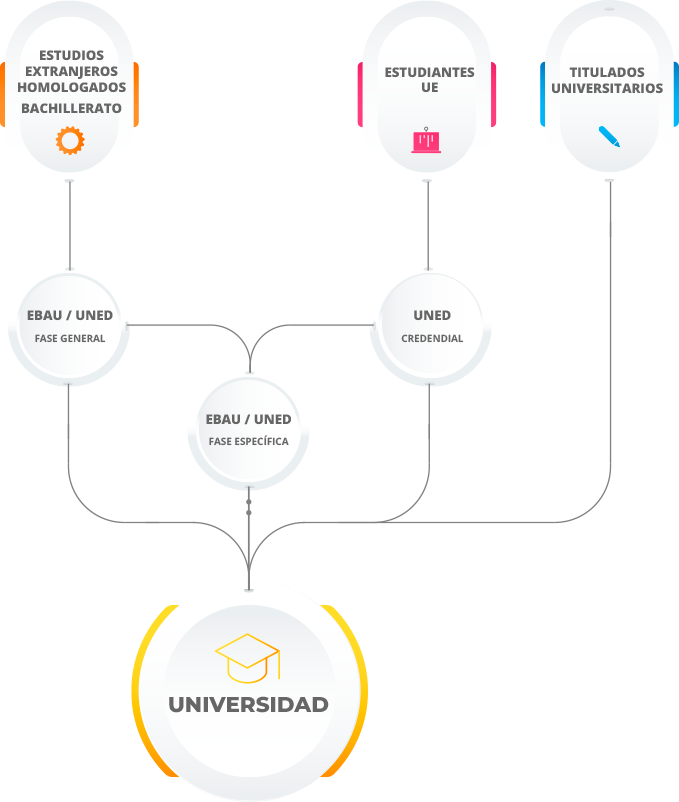
Guiu Ambassadors
Academy services for international students
We will take care of all the administrative formalities:
- Documents
- Certificates
- Pre-registration
and all those boring things. Some of these services may be included in some of our packs.
Practical aspects of visas for Spain to enjoy studying in Barcelona and at the academy
- Combined residence and work visa, allows you to live and work in Spain.
- Student Visa, for the duration of an educational or training course.
- Residence visa, for family reunification or retirement.












